Introduction
Sushi is one of the most popular Japanese dishes out there. These days, it’s made with a variety of ingredients, so it doesn’t even have to contain raw fish. But can dogs eat sushi?
We’re answering this question and many more in today’s article, so keep on reading. But if you need a quick answer, here’s one: Sushi is generally safe for dogs as the acid in their stomachs allows for correct digestion of this type of food.
However, raw fish, a common ingredient in sushi, can carry bacteria and parasites, which is why you should avoid adding it to the dish.
Is sushi good for dogs?
Vitamins and minerals
Since sushi is rarely made with just rice and fish or seafood, your dog can get the benefits of any vegetables that might have been added to the dish. Cucumber, a widely used veggie in sushi, contains vitamin K and is also low in calories. Fish contains vitamin D and B2, besides omega-3 fatty acids, which we will discuss in the section below.
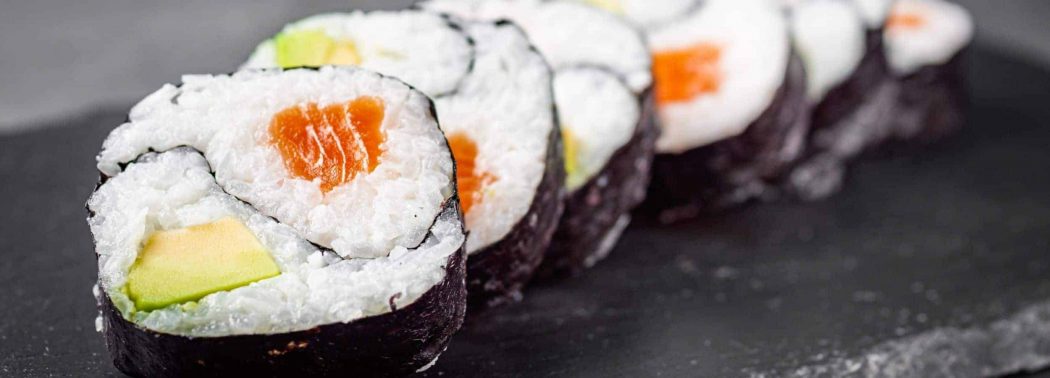
Omega 3
This nutrient largely depends on the type of fish that you use when preparing sushi. To date, some of the species that have been found to be the richest in omega-3 fatty acids are the following:
- Mackerel
- Salmon
- Herring
- Cod
- Anchovies
Omega-3 fatty acids are healthy for both humans and dogs alike as they have been found to lower the risk of heart disease, dementia, as well as arthritis — and the latter is a disease that affects all geriatric dogs, no matter how much their pet parents might want to prevent it.
Satiation
Sushi can keep your dog full for a longer amount of time since the most important ingredient in this dish is rice. Granted, rice is not the best food to give to dogs since it contains a lot of calories and dogs are also partially carnivorous, so they shouldn’t have too many grains in their diet. However, vegetarian sushi is generally safe to feed to dogs despite the large amount of rice that it might contain. Also, if your dog is small-sized, it can keep them satiated for a long time, sometimes leading up to several hours.
Is sushi bad for dogs?
Spices and condiments
People rarely eat unseasoned sushi, and spices and seasonings can be quite detrimental to dogs. Some ingredients, such as onion and garlic can be particularly dangerous, so make sure to avoid adding these to your sushi. Salt from soy sauce, pepper, cayenne, and any other spices are a no-go, too, as they can cause a variety of health complications. Too much salt can lead to cardiovascular issues whereas other spices can simply cause digestive distress such as vomiting or diarrhea.
Too much rice can be bad
As previously mentioned, dogs are not genetically engineered to have a lot of grains in their diets. Given that they share most of their genotype with wolves and considering the typical diet of this wild predator, it goes without saying that most of a dog’s diet should be composed of protein and fat and as few carbs as possible. If your dog is obese or suffering from diabetes, we suggest avoiding giving them sushi, even if it is the vegetarian kind.
Bacteria and parasites
This is perhaps the most significant risk you are exposing your dog to when giving them sushi. Raw fish and seafood can carry bacteria just like raw meat can do the same. However, fish flesh can also contain tapeworm segments or eggs, which can cause severe health issues in pets. Undercooked or raw fish can also carry a variety of other parasites, such as the following:
- Anisakis simplex (Nematode)
- Clonorchis sinensis (Trematode)
- Echinostoma (Trematode)
- Metorchis conjunctus (Trematode)
- Heterophyes spp. (Trematode)
Of course, there are deworming medications that can treat parasitic infections in dogs and they range from Praziquantel (very common in most such drugs) to Albendazole and Mebendazole. But the point that we are trying to make is that avoiding giving your dog sushi can save both of you a lot of trouble as parasitic infestations can sometimes go unnoticed and lead to other health issues besides digestive distress. Some eggs and larvae can migrate to other organs such as the liver, the lungs, and even the heart, especially when the dog doesn’t get treatment in due time.
Amounts
Specific guidelines as to what quantities are safe and unsafe for dogs do not exist as vets rarely recommend sushi for dogs.
Dogs can eat sushi if it is completely unseasoned and it doesn’t contain any raw fish or seafood. Seaweed is generally considered safe. So the best kind of sushi to give to a dog would be vegan and would contain ingredients such as carrots, fruit like mango, and cucumbers.
You can also make sushi using cooked fish, whether cod, salmon, or whitefish. In this case, the dish would be completely safe. It’s also worth noting that no matter how harmless it might be, sushi should always be looked at as a treat rather than actual food for dogs.
Since treats should be given to pets so as not to make up more than 5 to 10% of their diet, one piece of sushi per week should be more than enough for most dogs, regardless of their size. Teacup breeds should have even less, about 1/3 to 1/2 a slice.

Frequently Asked Questions
No. Uncooked salmon can be a carrier of the Neorickettsia helmintheoca parasite, which can cause symptoms similar to poisoning. Boneless and well-cooked salmon, on the other hand, is completely safe for dogs, especially since it contains plenty of healthy nutrients.
Is wasabi poisonous to dogs? No. While it is true that wasabi is a less harmful ingredient compared to others that might exist in sushi for dogs, it can still create local discomfort, as well as some digestive complications like diarrhea and vomiting.
If your dog ate wasabi, especially a large amount of it, we recommend going to the animal hospital. Small quantities usually lead to the symptoms we’ve already mentioned and rarely require veterinary assistance.
The answer to this question is also a no. Not only can raw tuna be contaminated with bacteria or carry worm eggs or larvae, but it also contains much more mercury compared to tilapia or salmon. This ingredient is best avoided — even cooked.
Since sashimi is made with raw fish, whether salmon or any other species, the answer, in this case, is also a no. Raw fish flesh is generally considered unsafe for pets, including dogs and cats.
Even though very few dogs are actually going to want to eat sushi that contains pickled ginger, it is perhaps one of the most harmless ingredients that your pet can consume.
However, since it is typically preserved in a vinegar solution containing salt and sugar, it’s best to be avoided or you should give your dog very small amounts of that particular sushi.
How to serve
Make sure you clean all of the ingredients as best as possible before assembling them into a sushi roll. The rice has to be boiled enough so that it doesn’t run the risk of causing indigestion. All of the veggies or fruit have to be washed thoroughly so as to remove any dirt that might have remained on their surface.
Avoid adding avocado if you plan on making sushi for dogs as it contains persin and can be dangerous. Boil or steam the fish until it is completely cooked through to eliminate the risk of it carrying bacteria or parasites. Most worms, larvae, or eggs cannot survive boiling water temperatures.
If your dog is a great aficionado of sushi, you can give them a piece every now and then. Some might even enjoy frozen sushi on a, particularly hot day, although we do recommend thawing it for a bit before serving it.
Best practices and restrictions
Some dog categories are far more vulnerable compared to others, such as puppies, pregnant dogs, and seniors. Puppies do not yet have a well-developed immune system that can help them fight off an infection, in case they get it from raw fish or any other ingredient in sushi.
Senior dogs generally have a number of chronic health problems that also make their immune system relatively compromised. Given that tuna can contain mercury, it is not recommended for pregnant dogs. Mercury can pass through the placental barrier and reach the unborn puppies, and as a result, they can be born with deficiencies of the nervous system.
In general, these three categories, puppies, pregnant bitches, and senior dogs should never be given sushi.
Summary
So, can dogs have sushi? It depends. If you cook it with the right ingredients and avoid raw fish (and even cooked tuna), sushi can be completely safe to give to your pet. Avocados and tempura are also best avoided when making this dish for dogs. Like any other ‘human food’, sushi should be given to dogs only in moderation. It should never make up more than 5 to 10% of your pet’s diet.
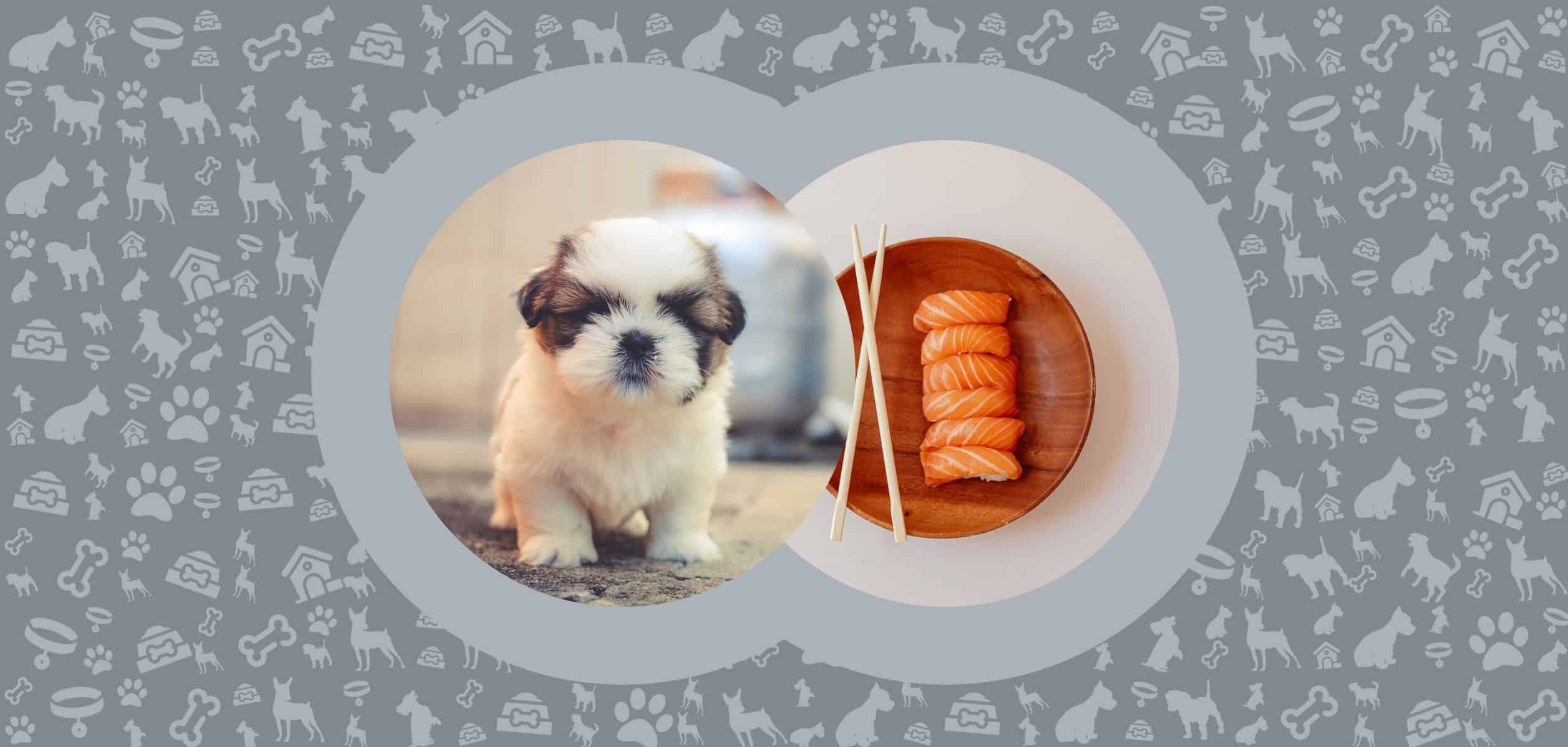
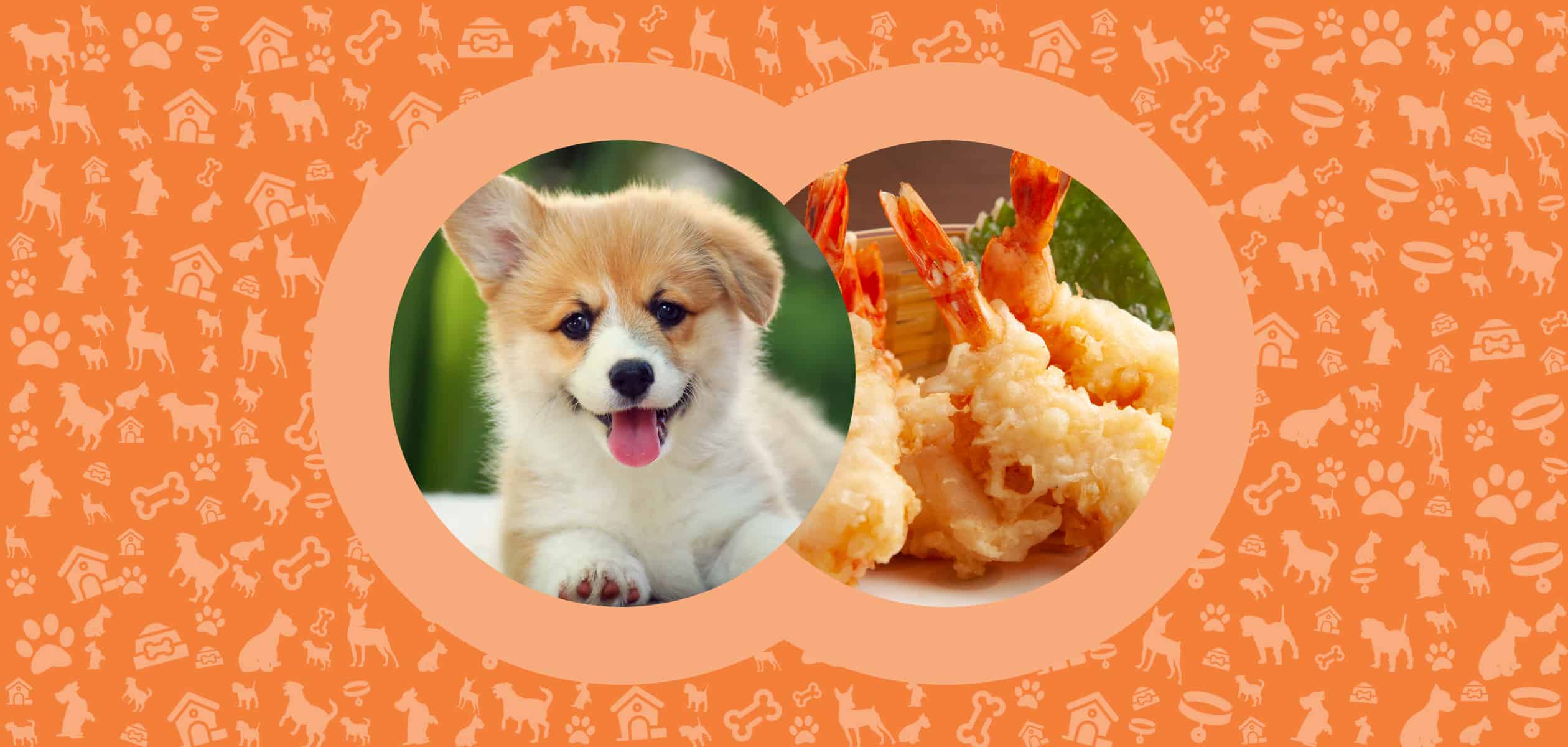
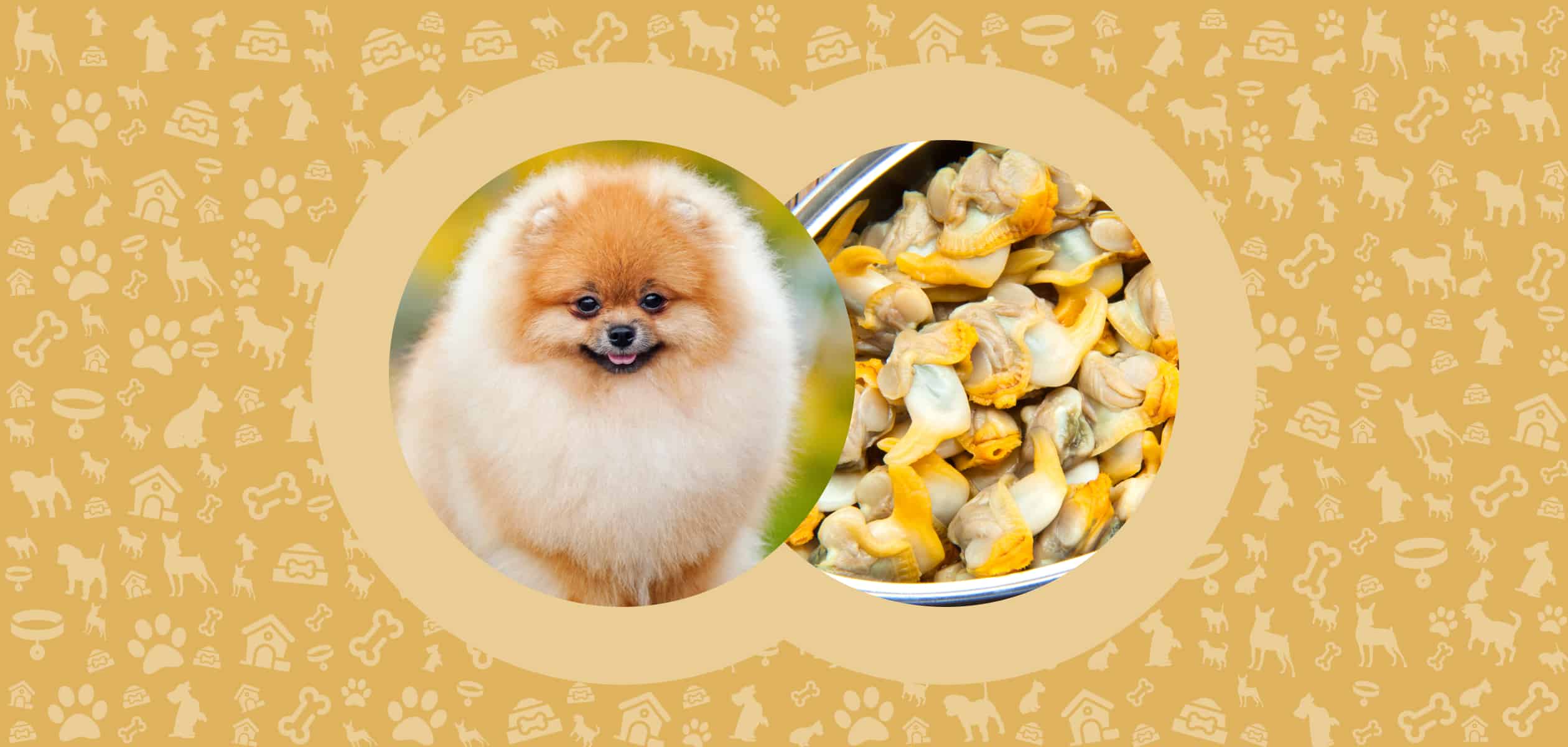
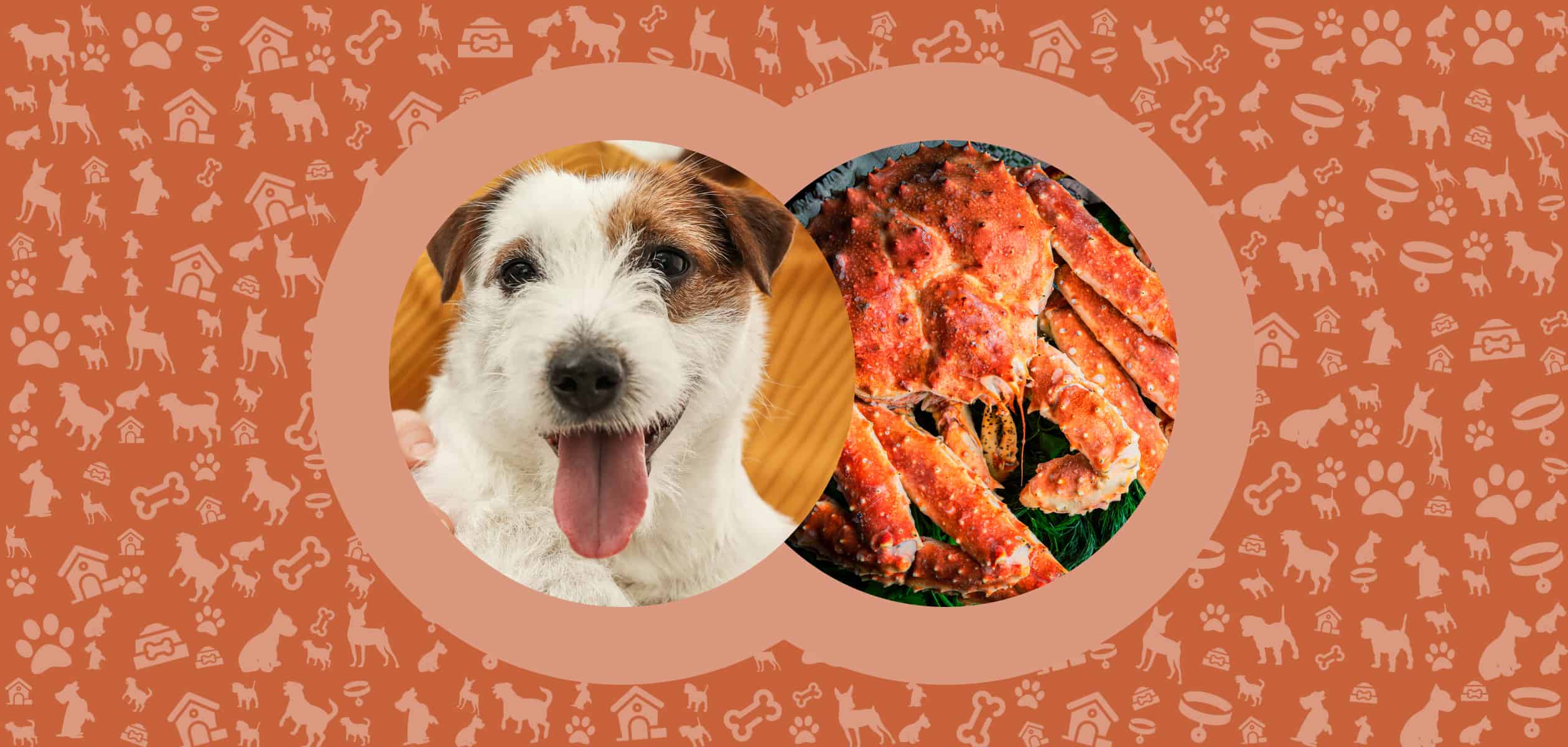
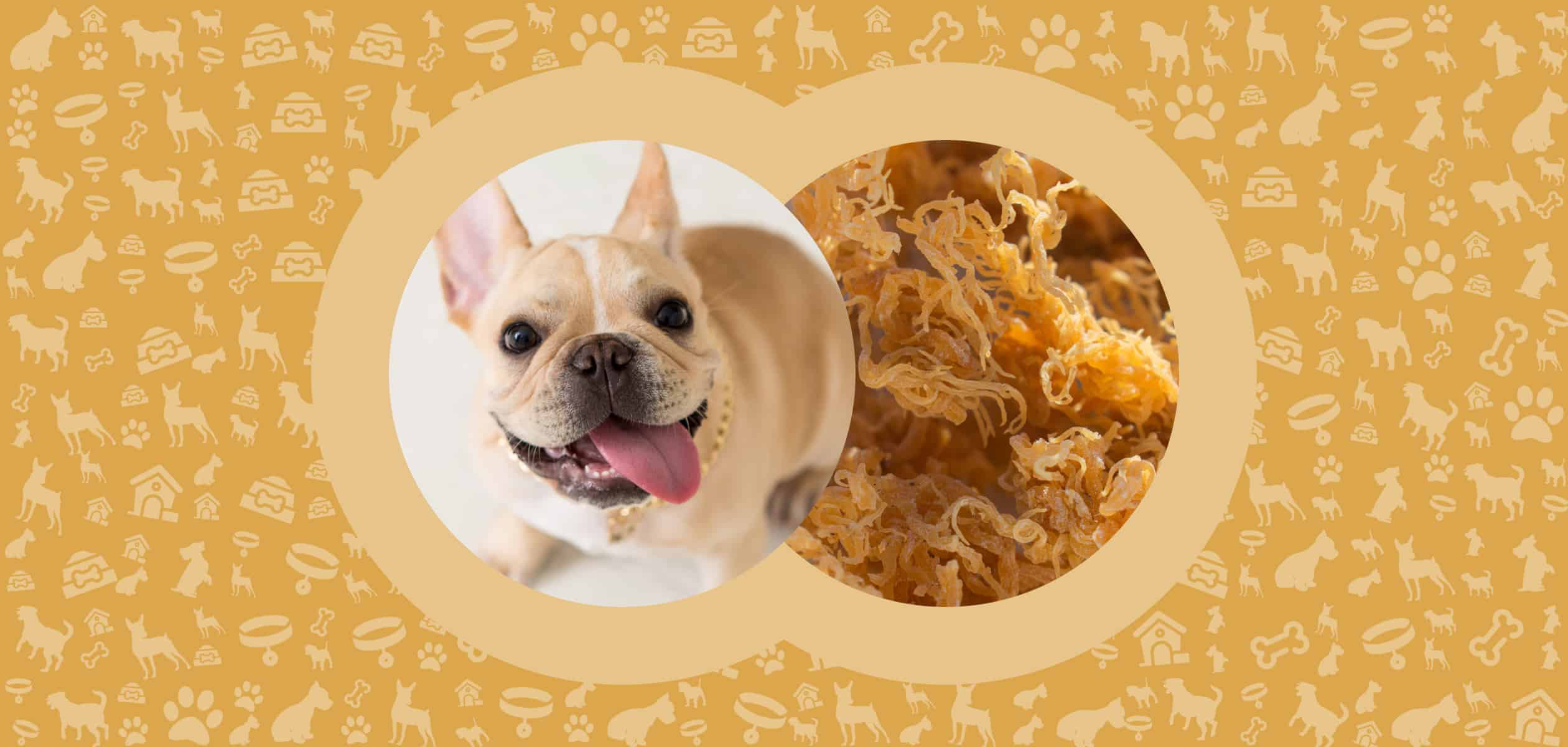
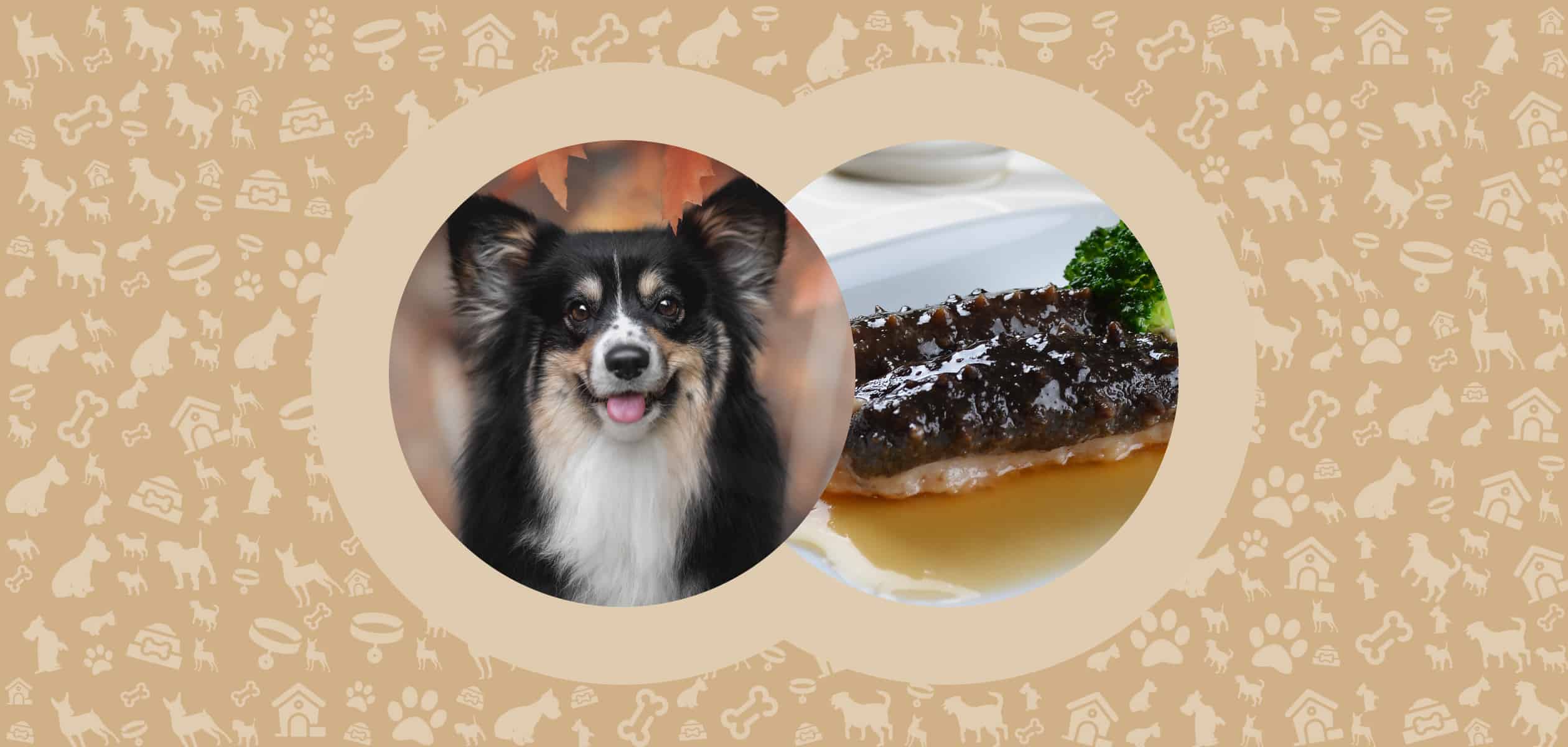
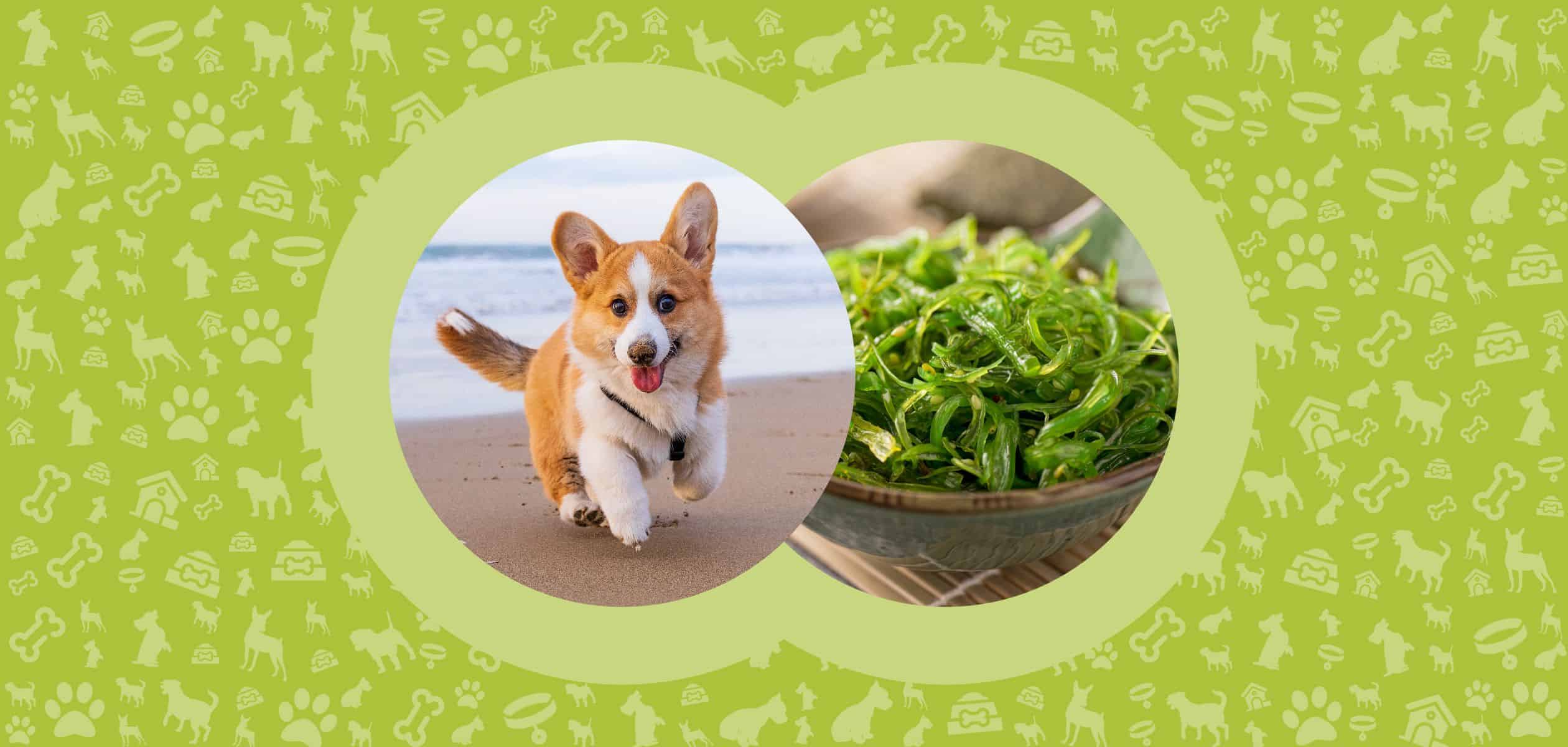
Leave a Comment